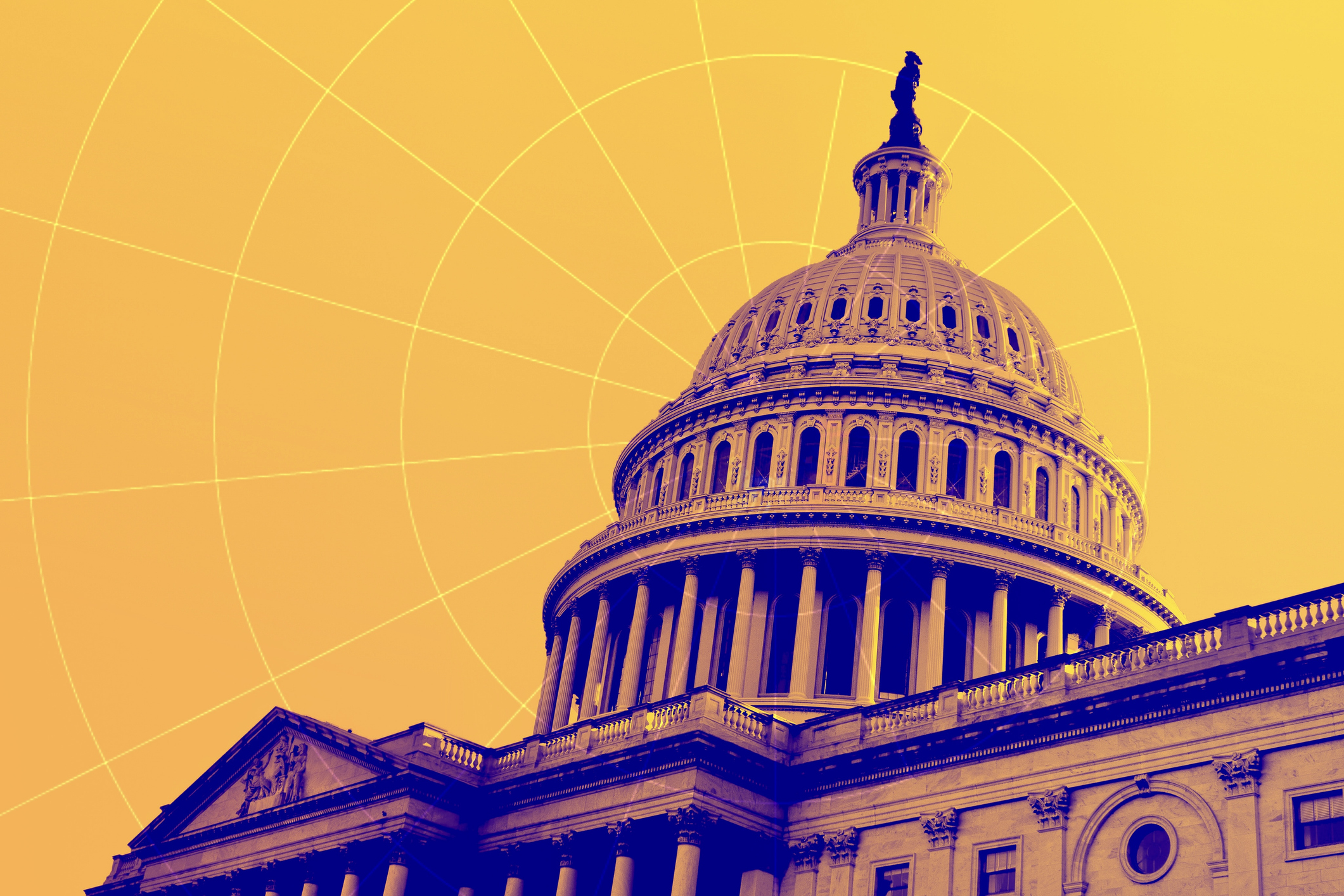Economic downturn now perceived a bigger threat to business than ransomware
Businesses are advised to conduct regular risk assessments and embrace the economic threat as an opportunity for growth


Leading business executives have grown more fearful of a looming macroeconomic downturn in 2022, more so than ransomware attacks or the effects of the Russian invasion of Ukraine.
Data released by Gartner this week for Q2 2022 showed that ransomware has slipped to the third-most feared emerging risk to businesses, overtaken by economic uncertainty after it took the top spot in Q1.
The potential economic downturn jumped from fifth to first between Q1 and Q2 of 2022, Gartner’s Emerging Risk Reports showed.
The top five emerging risks to business - Q2 2022:
- Macroeconomic downturn
- Escalation of conflict in Europe
- State-sponsored cyber attacks
- Energy price inflation
- Key material shortages
“The top five risks reported by respondents were notable both for their interconnectedness and origination outside of the organisation,” said Chris Matlock, vice president at the Gartner legal, risk and compliance practice.
“While interconnected, many of the top risks send conflicting signals on the state of the economy, which makes the role of emerging risk management (ERM) leaders especially crucial in filtering the most relevant, organisation-specific information up to the c-suite and board.”
Gartner said it was ‘notable’ that all of the top five risks were external factors – outside the direct control of a business – and the impact of each would be felt differently depending on the industry and location of the business.
Get the ITPro daily newsletter
Sign up today and you will receive a free copy of our Future Focus 2025 report - the leading guidance on AI, cybersecurity and other IT challenges as per 700+ senior executives
The leading risk, macroeconomic downturn, was described by Gartner as a high-impact factor on businesses, the full effects of which are expected to be felt over the next two years.
A shortage in key materials will also be a high-impact factor that affects businesses within a year, it said. Many technology companies are already reeling from supply chain issues, chiefly from the semiconductor shortage.
State-sponsored cyber attacks are considered high-impact for businesses, too, with Gartner predicting the fullest effects of the threat to be felt between one and two years in the future.
The most-feared risks are likely to be long-term influencers on business decisions, the analysts said. There is no apparent date by which the conflict in Ukraine will end, nor is there one for the associated sanctions placed on Russia by global nations.
Businesses are advised to continually reassess their macroeconomic outlook and regularly conduct both top-down and bottom-down risk assessments, balancing the findings from each.
They are also advised to embrace the risks presented to their industry and use them as an opportunity for understanding that could eventually propel a company ahead of competitors.

Connor Jones has been at the forefront of global cyber security news coverage for the past few years, breaking developments on major stories such as LockBit’s ransomware attack on Royal Mail International, and many others. He has also made sporadic appearances on the ITPro Podcast discussing topics from home desk setups all the way to hacking systems using prosthetic limbs. He has a master’s degree in Magazine Journalism from the University of Sheffield, and has previously written for the likes of Red Bull Esports and UNILAD tech during his career that started in 2015.
-
 Should AI PCs be part of your next hardware refresh?
Should AI PCs be part of your next hardware refresh?AI PCs are fast becoming a business staple and a surefire way to future-proof your business
By Bobby Hellard Published
-
 Westcon-Comstor and Vectra AI launch brace of new channel initiatives
Westcon-Comstor and Vectra AI launch brace of new channel initiativesNews Westcon-Comstor and Vectra AI have announced the launch of two new channel growth initiatives focused on the managed security service provider (MSSP) space and AWS Marketplace.
By Daniel Todd Published
-
 Nearly half of all digital initiatives still fail – here’s how you can learn from the ‘digital vanguard’ and deliver success
Nearly half of all digital initiatives still fail – here’s how you can learn from the ‘digital vanguard’ and deliver successNews With most digital initiatives are failing to deliver, CIOs are urged to work more closely with other executives
By Emma Woollacott Published
-
 IT services spending set to surge in 2025 as CIOs shift to AI partner solutions
IT services spending set to surge in 2025 as CIOs shift to AI partner solutionsNews Organizations are set to shift from buying generative AI solutions to implementing partner solutions, according to Gartner
By Ross Kelly Published
-
 IDC InfoBrief: Sustainability doesn’t need to be all stick and no carrot
IDC InfoBrief: Sustainability doesn’t need to be all stick and no carrotwhitepaper CIOs are facing two conflicting strategic imperatives
By ITPro Published
-
 Businesses still don’t know who’s accountable for AI at executive level
Businesses still don’t know who’s accountable for AI at executive levelNews Executives are unclear on where the buck stops in terms of AI management
By George Fitzmaurice Published
-
 Gartner reveals the top trends for government technology use in 2024
Gartner reveals the top trends for government technology use in 2024News Five key areas that public sector CIOs will need to address to improve citizen services
By Emma Woollacott Published
-
 Return to office mandates can be divisive - here are three things business leaders can do to help smooth the transition
Return to office mandates can be divisive - here are three things business leaders can do to help smooth the transitionAnalysis With return to office mandates having sparked major spats between workers and employers, leaders need to consider how they can make changes attractive and effective
By George Fitzmaurice Published
-
 Global IT spending set to reach $5 trillion in 2024 amid optimistic industry outlook
Global IT spending set to reach $5 trillion in 2024 amid optimistic industry outlookNews IT spending growth in 2024 is expected to be more than double that of 2023
By George Fitzmaurice Published
-
 What will drive IT spending in 2024?
What will drive IT spending in 2024?In-depth Generative AI spending is unlikely to be high despite the hype, but sustainable technology will become a bigger priority.
By Rich McEachran Published